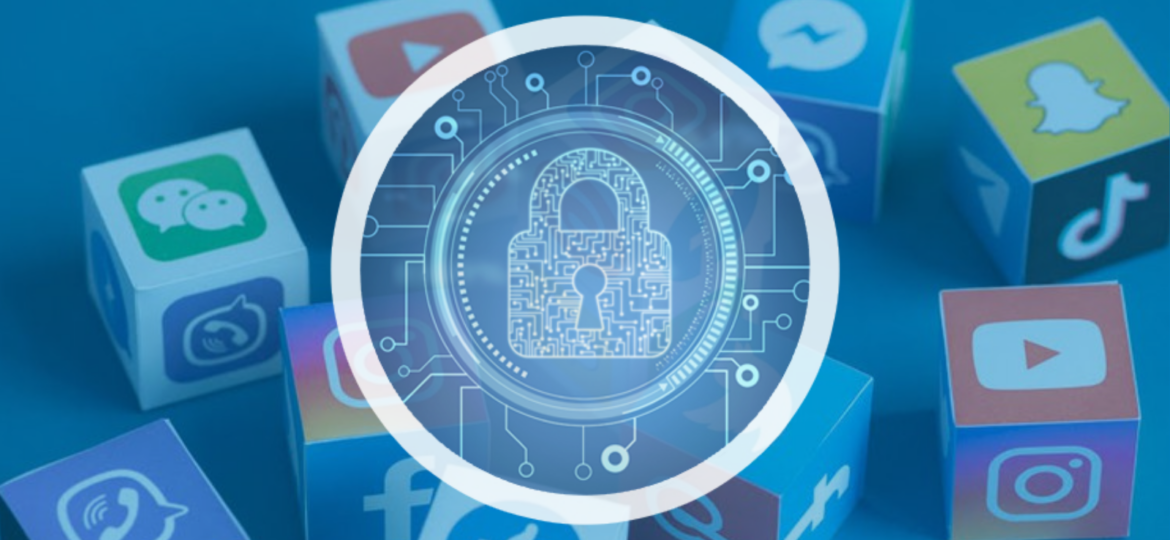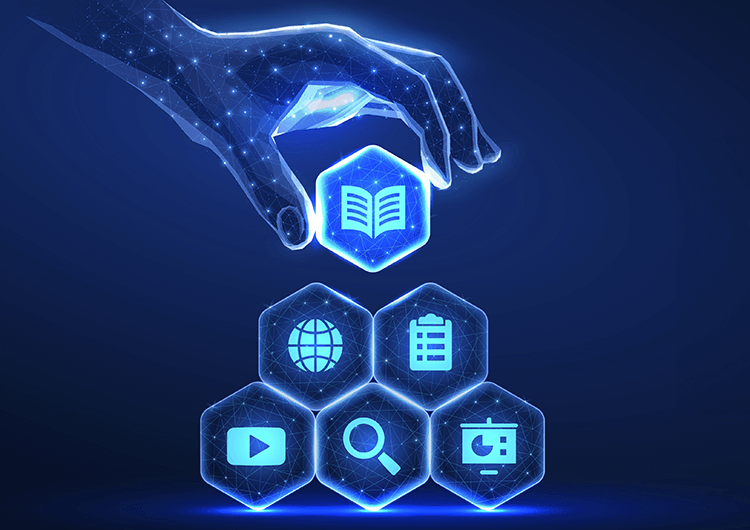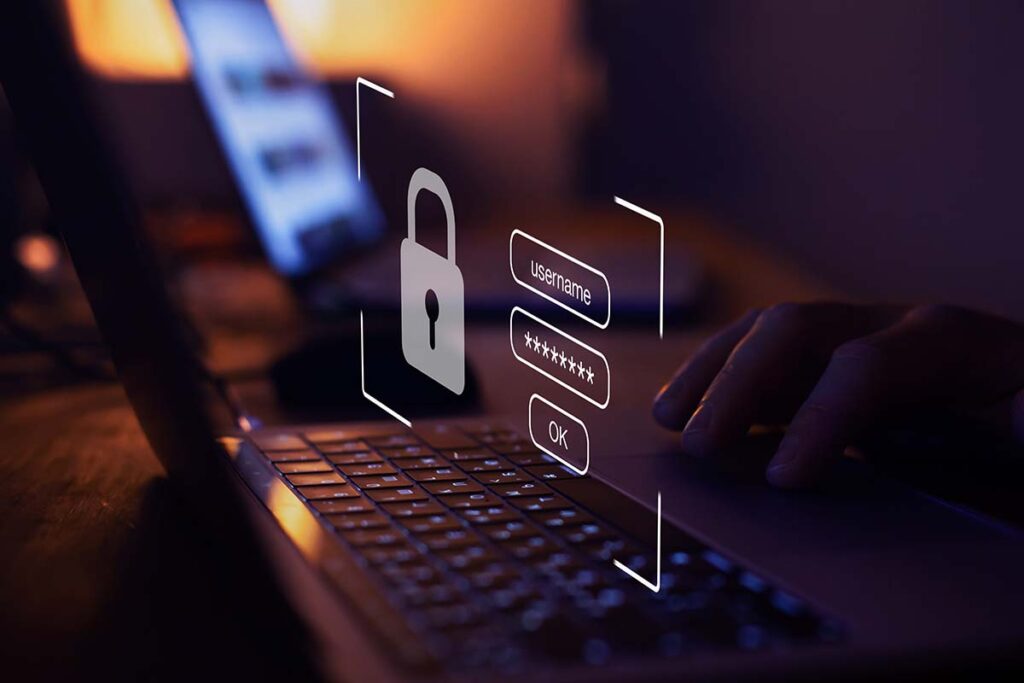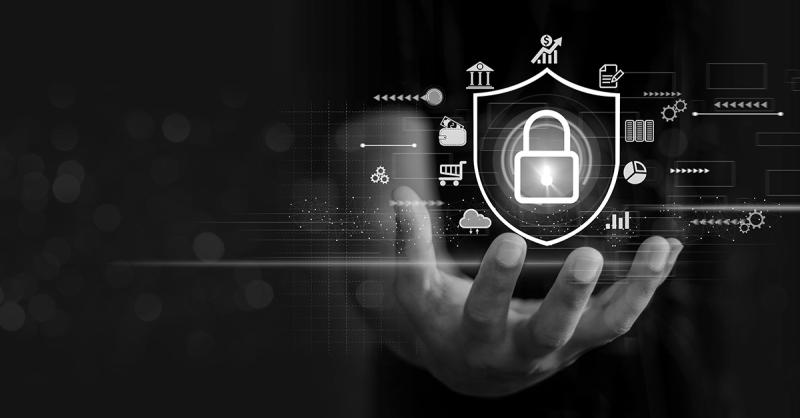Social Media Security Tips: Protect Your Online Presence

Social Media Security Tips: Protect Your Online Presence
Social media is now a big part of our lives. While it brings many advantages, it also poses risks. These risks can harm our online privacy and safety. So, are you keeping yourself safe online? Or do you risk falling into cyber threats?
ARK Solvers values keeping safe on social media. In this post, we’ll look at how to stay secure online. We’ll cover the best ways to protect your digital footprint and account safety. With the right knowledge and tools, you can use social media safely. This reduces the risk of identity theft, data breaches, and other cybersecurity risks.
Key Takeaways
- Understand the inherent risks of social media and how to mitigate them.
- Implement strong password practices and enable two-factor authentication to safeguard your accounts.
- Regularly review and adjust your privacy settings to control the visibility of your personal information.
- Minimize the oversharing of personal information and monitor your online reputation to protect your digital footprint.
- Stay vigilant against phishing scams and verify the legitimacy of links and attachments.
Understanding the Risks of Social Media
Social media platforms today have become a focal point for personal information. They draw the attention of cybercriminals. Users don’t realize that by sharing their lives, they expose themselves to various dangers. These can harm both their security and privacy online.
Cybercriminals and Social Engineering Tactics
Cybercriminals are getting smarter. They use social engineering to trick users into giving out private details. This can happen through fake profiles, phishing emails, or finding weaknesses in social media platforms. Their main aim is to get valuable information like login credentials, financial details, or personal ID.
Data Breaches and Identity Theft
Because users share a lot on social media, these sites are great targets for data breaches. Cybercriminals exploit this by using the platform’s vulnerabilities or social engineering. This can lead to identity theft, fraud, and a damaged reputation. Securing your social media accounts and sharing less personal info are key steps to avoid these dangers.
Social Media Security Tips
To keep your social media accounts safe, follow some expert advice. Here’s what the folks at ARK Solvers recommend:
Implement Strong Password Practices
Use a unique, hard-to-guess password for each account. Never use info like birthdates, pet names, or common words. Try a dependable password management tool to create and keep your passwords safe.
Enable Two-Factor Authentication
Turning on two-factor authentication makes your accounts more secure. It means you’ll need a code (often sent to your phone) besides your password to log in. This way, your account stays safe even if your password is leaked.
Review Privacy Settings Regularly
Always check and tweak your privacy settings on social media. Make sure only the people you want can see your account, posts, and info. Pick the strictest privacy options to guard against social engineering and identity theft protection.
Safeguarding Your Digital Footprint
Your digital footprint is the info you leave online. It impacts your safety and how others see you. To keep it safe, experts at ARK Solvers suggest several steps.
Minimize Oversharing Personal Information
Watch out for what you share online. Don’t say too much about where you are, your job, or your family. This info could help someone steal your identity or target you. Be careful on social media to reduce these risks.
Monitor Your Online Reputation
Check what shows up when people search for you online. Look up your name and brand regularly. This way, you can see and fix any bad stuff that might hurt your safety or trust online.
Staying Vigilant Against Phishing Scams
Cybercriminals often use phishing scams to trick people into giving up personal info. These tricks might look like emails from real companies, like banks or social media sites. To stay safe, we all need to learn how to spot and avoid these scams.
Recognize Suspicious Links and Attachments
Don’t trust every link or file someone sends you, even if it looks legit. Cybercriminals like to hide their traps in links and files to steal your info or plant viruses on your device. Always check where a link goes or what a file does before you open it.
Verify Sources of Information
Before you believe messages or emails, make sure they’re really from who they say. Contact the company or site by using info from their official site or by calling their known phone number. This helps you confirm if the message is true.
Being alert and checking where info comes from helps keep your info safe. Make sure to always be aware of phishing scams and use secure ways to connect online. This keeps your social media accounts and private info protected from theft.
Conclusion
Maintaining a secure social media presence is key in today’s world. Understanding risks and using strong security is vital. By managing how you appear online, you keep your info safe from cyber threats.
At ARK Solvers, we stress the importance of security. Our experts have tips to keep your accounts safe and prevent cyber theft. By being careful with sharing and aware of scams, you can safely use social media and protect your online identity.
Your online actions affect both your personal and work life. Always check your privacy settings and avoid sharing too much. By keeping a watchful eye on your online activity, you enhance your security and guard against identity theft.
FAQ
What are the common risks associated with social media usage?
Social media comes with many risks, including cybercriminals and data breaches. Be careful with personal info online. Keep an eye out for scams. Always protect your password and personal data.
How can I implement strong password practices to secure my social media accounts?
Make your social media passwords unique and tough to guess. Don’t use easy-to-find info like birthdays or pet names. Try using a password manager to keep track of them. And change your passwords often to stay safe.
What is two-factor authentication, and how does it help protect my social media accounts?
Two-factor authentication (2FA) adds an extra layer of security. It makes sure it’s you accessing your accounts, not someone else. Always turn on 2FA to keep your accounts secure.
How can I review and adjust my social media privacy settings to improve security?
Always check and update your social media privacy settings. Make sure only the people you trust can see your posts and info. Be careful with what you share. And keep up with the changes in privacy settings on social media.
How can I minimize my digital footprint and protect my online reputation?
Be careful with what you share on social media to reduce your digital footprint. Avoid giving out too much personal information. Watch out for any harmful content about you online. Use privacy tools to manage what others see.
How can I recognize and avoid falling victim to phishing scams on social media?
Stay alert for phishing scams on social media. Watch out for fake messages looking like they’re from real organizations. Always check if a message is legitimate. If you doubt something, do not click on it. Report any suspicious activity.

